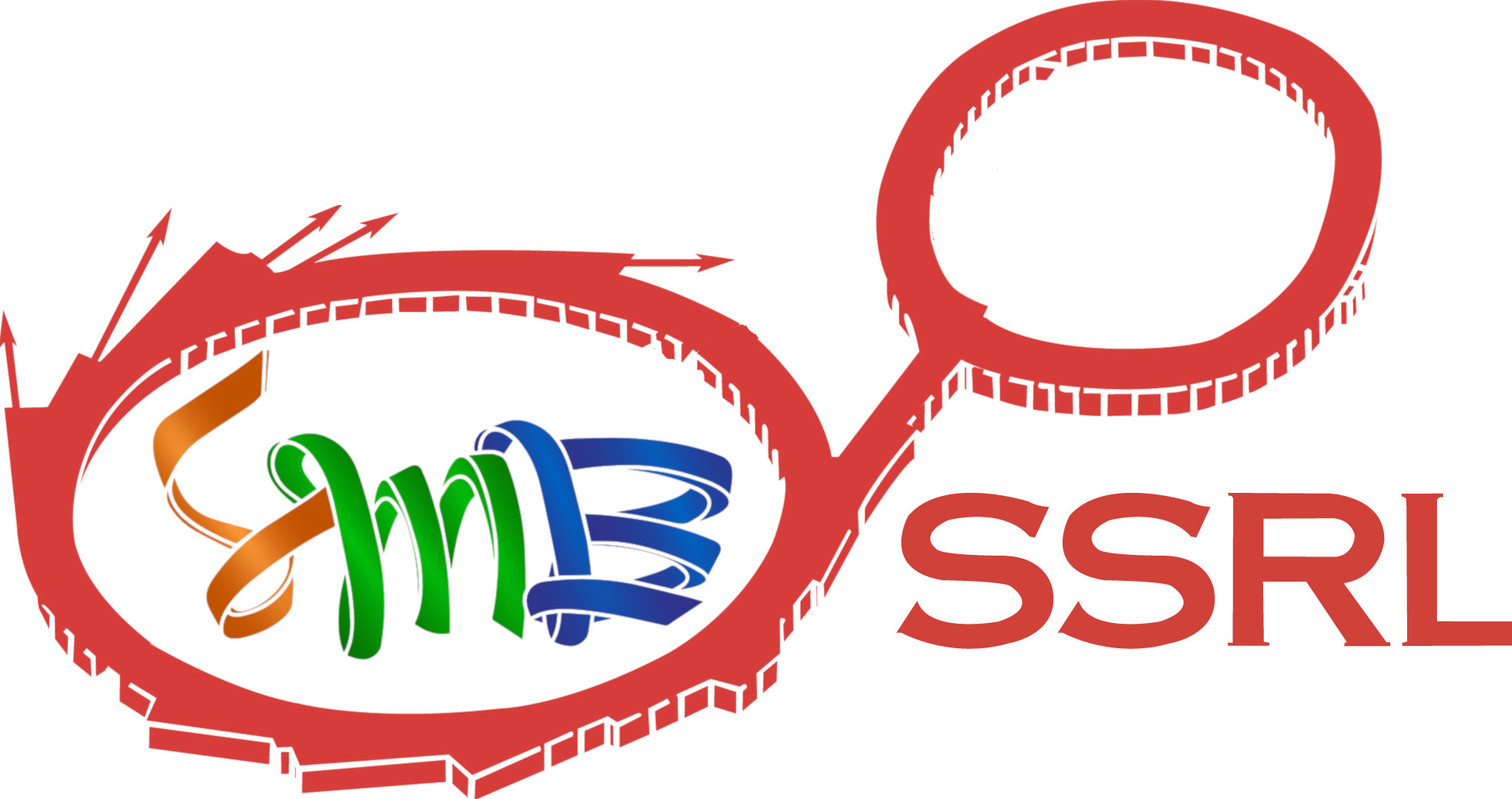Click here to go to the corresponding page for the latest version of DIALS
dxtbx.model.goniometer¶
-
class
dxtbx.model.goniometer.Goniometer¶ Bases:
dxtbx_model_ext.GoniometerBase-
static
from_dict((dict)arg1) → Goniometer :¶ - C++ signature :
- dxtbx::model::Goniometer* from_dict(boost::python::dict)
-
get_fixed_rotation((Goniometer)arg1) → tuple :¶ - C++ signature :
- scitbx::mat3<double> get_fixed_rotation(dxtbx::model::Goniometer {lvalue})
-
get_num_scan_points((Goniometer)arg1) → int :¶ - C++ signature :
- unsigned long get_num_scan_points(dxtbx::model::Goniometer {lvalue})
-
get_rotation_axis((Goniometer)arg1) → tuple :¶ - C++ signature :
- scitbx::vec3<double> get_rotation_axis(dxtbx::model::Goniometer {lvalue})
-
get_rotation_axis_datum((Goniometer)arg1) → tuple :¶ - C++ signature :
- scitbx::vec3<double> get_rotation_axis_datum(dxtbx::model::Goniometer {lvalue})
-
get_setting_rotation((Goniometer)arg1) → tuple :¶ - C++ signature :
- scitbx::mat3<double> get_setting_rotation(dxtbx::model::Goniometer {lvalue})
-
get_setting_rotation_at_scan_point((Goniometer)arg1, (object)arg2) → tuple :¶ - C++ signature :
- scitbx::mat3<double> get_setting_rotation_at_scan_point(dxtbx::model::Goniometer {lvalue},unsigned long)
-
get_setting_rotation_at_scan_points((Goniometer)arg1) → mat3_double :¶ - C++ signature :
- scitbx::af::shared<scitbx::mat3<double> > get_setting_rotation_at_scan_points(dxtbx::model::Goniometer {lvalue})
-
is_similar_to((Goniometer)arg1, (Goniometer)other[, (object)rotation_axis_tolerance=1e-06[, (object)fixed_rotation_tolerance=1e-06[, (object)setting_rotation_tolerance=1e-06]]]) → bool :¶ - C++ signature :
- bool is_similar_to(dxtbx::model::Goniometer {lvalue},dxtbx::model::Goniometer [,double=1e-06 [,double=1e-06 [,double=1e-06]]])
-
num_scan_points¶
-
reset_scan_points((Goniometer)arg1) → None :¶ - C++ signature :
- void reset_scan_points(dxtbx::model::Goniometer {lvalue})
-
rotate_around_origin((Goniometer)arg1, (object)axis, (object)angle[, (object)deg=True]) → None :¶ - C++ signature :
- void rotate_around_origin(dxtbx::model::Goniometer {lvalue},scitbx::vec3<double>,double [,bool=True])
-
set_fixed_rotation((Goniometer)arg1, (object)arg2) → None :¶ - C++ signature :
- void set_fixed_rotation(dxtbx::model::Goniometer {lvalue},scitbx::mat3<double>)
-
set_rotation_axis((Goniometer)arg1, (object)arg2) → None :¶ - C++ signature :
- void set_rotation_axis(dxtbx::model::Goniometer {lvalue},scitbx::vec3<double>)
-
set_rotation_axis_datum((Goniometer)arg1, (object)arg2) → None :¶ - C++ signature :
- void set_rotation_axis_datum(dxtbx::model::Goniometer {lvalue},scitbx::vec3<double>)
-
set_setting_rotation((Goniometer)arg1, (object)arg2) → None :¶ - C++ signature :
- void set_setting_rotation(dxtbx::model::Goniometer {lvalue},scitbx::mat3<double>)
-
set_setting_rotation_at_scan_points((Goniometer)arg1, (mat3_double)arg2) → None :¶ - C++ signature :
- void set_setting_rotation_at_scan_points(dxtbx::model::Goniometer {lvalue},scitbx::af::const_ref<scitbx::mat3<double>, scitbx::af::trivial_accessor>)
set_setting_rotation_at_scan_points( (Goniometer)arg1, (tuple)arg2) -> None :
- C++ signature :
- void set_setting_rotation_at_scan_points(dxtbx::model::Goniometer {lvalue},boost::python::tuple)
set_setting_rotation_at_scan_points( (Goniometer)arg1, (list)arg2) -> None :
- C++ signature :
- void set_setting_rotation_at_scan_points(dxtbx::model::Goniometer {lvalue},boost::python::list)
-
to_dict((Goniometer)arg1) → dict :¶ - C++ signature :
- boost::python::dict to_dict(dxtbx::model::Goniometer)
-
static
-
class
dxtbx.model.goniometer.GoniometerFactory[source]¶ Bases:
objectA factory class for goniometer objects, which will encapsulate some standard goniometer designs to make it a little easier to get started with all of this - for cases when we are not using a CBF. When we have a CBF just use that factory method and everything will be peachy.
-
static
from_dict(d, t=None)[source]¶ Convert the dictionary to a goniometer model
- Params:
- d The dictionary of parameters t The template dictionary to use
Returns: The goniometer model
-
static
from_phil(params, reference=None)[source]¶ Convert the phil parameters into a goniometer model
-
static
imgCIF_H(cbf_handle)[source]¶ Initialize a goniometer model from an imgCIF file handle, where it is assumed that the file has already been read.
-
static
kappa(alpha, omega, kappa, phi, direction, scan_axis)[source]¶ Return a kappa goniometer where omega is the primary axis (i,e. aligned with X in the CBF coordinate frame) and has the kappa arm with angle alpha attached to it, aligned with -z, +y, +z or -y at omega = 0, that being the direction, which in turn has phi fixed to it which should initially be coincident with omega. We also need to know which axis is being used for the scan i.e. phi or omega. All angles should be given in degrees. This will work by first constructing the rotation axes and then composing them to the scan axis and fixed component of the rotation.
-
static
known_axis(axis)[source]¶ Return an goniometer instance for a known rotation axis, assuming that nothing is known about the fixed element of the rotation axis.
-
static
single_axis()[source]¶ Construct a single axis goniometer which is canonical in the CBF reference frame.
-
static
-
class
dxtbx.model.goniometer.KappaGoniometer¶ Bases:
dxtbx_model_ext.Goniometer-
get_alpha_angle((KappaGoniometer)arg1) → float :¶ - C++ signature :
- double get_alpha_angle(dxtbx::model::KappaGoniometer {lvalue})
-
get_direction((KappaGoniometer)arg1) → KappaDirection :¶ - C++ signature :
- dxtbx::model::KappaGoniometer::Direction get_direction(dxtbx::model::KappaGoniometer {lvalue})
-
get_kappa_angle((KappaGoniometer)arg1) → float :¶ - C++ signature :
- double get_kappa_angle(dxtbx::model::KappaGoniometer {lvalue})
-
get_kappa_axis((KappaGoniometer)arg1) → tuple :¶ - C++ signature :
- scitbx::vec3<double> get_kappa_axis(dxtbx::model::KappaGoniometer {lvalue})
-
get_omega_angle((KappaGoniometer)arg1) → float :¶ - C++ signature :
- double get_omega_angle(dxtbx::model::KappaGoniometer {lvalue})
-
get_omega_axis((KappaGoniometer)arg1) → tuple :¶ - C++ signature :
- scitbx::vec3<double> get_omega_axis(dxtbx::model::KappaGoniometer {lvalue})
-
get_phi_angle((KappaGoniometer)arg1) → float :¶ - C++ signature :
- double get_phi_angle(dxtbx::model::KappaGoniometer {lvalue})
-
get_phi_axis((KappaGoniometer)arg1) → tuple :¶ - C++ signature :
- scitbx::vec3<double> get_phi_axis(dxtbx::model::KappaGoniometer {lvalue})
-
get_scan_axis((KappaGoniometer)arg1) → KappaScanAxis :¶ - C++ signature :
- dxtbx::model::KappaGoniometer::ScanAxis get_scan_axis(dxtbx::model::KappaGoniometer {lvalue})
-
-
class
dxtbx.model.goniometer.MultiAxisGoniometer¶ Bases:
dxtbx_model_ext.Goniometer-
static
from_dict((dict)arg1) → MultiAxisGoniometer :¶ - C++ signature :
- dxtbx::model::MultiAxisGoniometer* from_dict(boost::python::dict)
-
get_angles((MultiAxisGoniometer)arg1) → double :¶ - C++ signature :
- scitbx::af::shared<double> get_angles(dxtbx::model::MultiAxisGoniometer {lvalue})
-
get_axes((MultiAxisGoniometer)arg1) → vec3_double :¶ - C++ signature :
- scitbx::af::shared<scitbx::vec3<double> > get_axes(dxtbx::model::MultiAxisGoniometer {lvalue})
-
get_names((MultiAxisGoniometer)arg1) → std_string :¶ - C++ signature :
- scitbx::af::shared<std::string> get_names(dxtbx::model::MultiAxisGoniometer {lvalue})
-
get_scan_axis((MultiAxisGoniometer)arg1) → int :¶ - C++ signature :
- unsigned long get_scan_axis(dxtbx::model::MultiAxisGoniometer {lvalue})
-
set_angles((MultiAxisGoniometer)arg1, (double)arg2) → None :¶ - C++ signature :
- void set_angles(dxtbx::model::MultiAxisGoniometer {lvalue},scitbx::af::shared<double>)
-
set_axes((MultiAxisGoniometer)arg1, (vec3_double)arg2) → None :¶ - C++ signature :
- void set_axes(dxtbx::model::MultiAxisGoniometer {lvalue},scitbx::af::const_ref<scitbx::vec3<double>, scitbx::af::trivial_accessor>)
-
to_dict((MultiAxisGoniometer)arg1) → dict :¶ - C++ signature :
- boost::python::dict to_dict(dxtbx::model::MultiAxisGoniometer)
-
static





